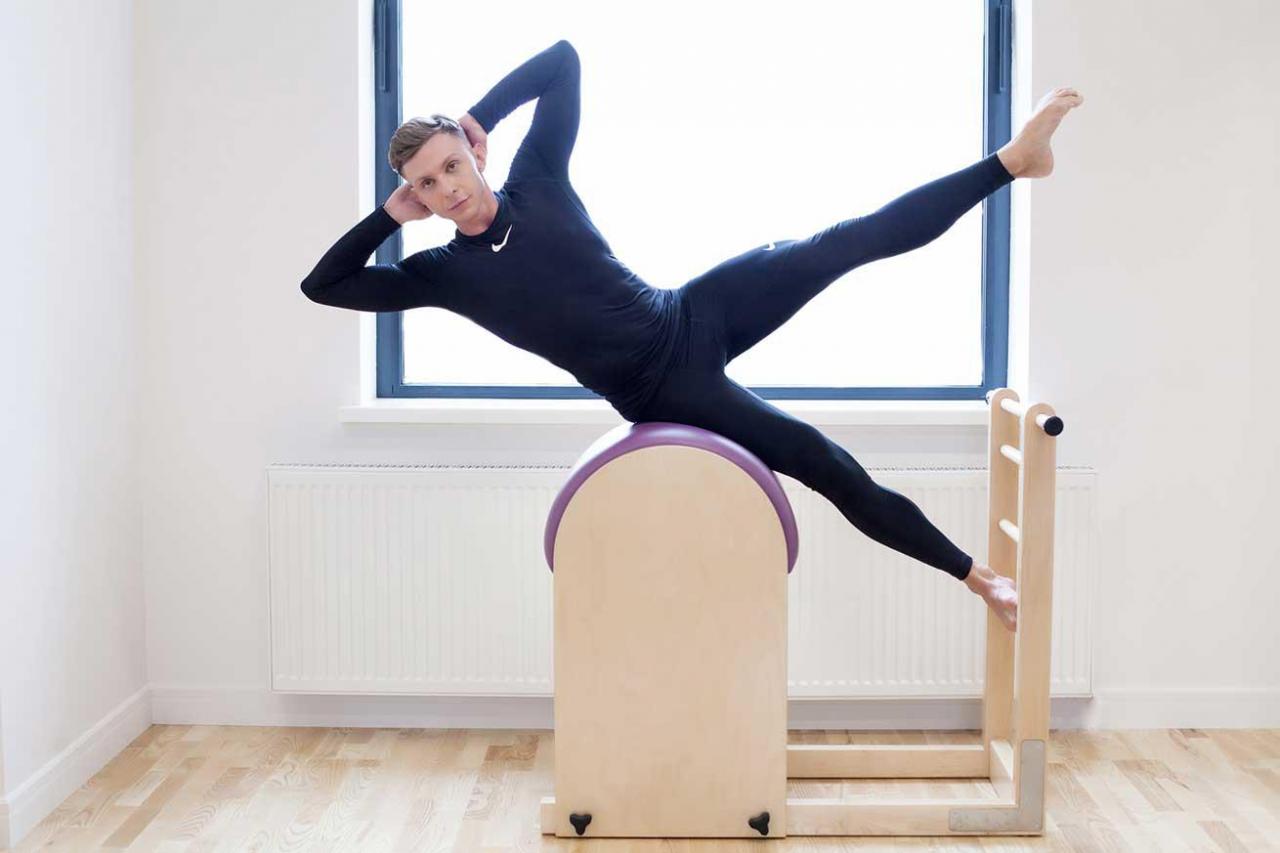Who doesn’t know it: Right on time for the summer season, you plan to get off to a real start with sport, you start with full enthusiasm, but after a few days all your resolutions will evaporate!
At this point you may have already spent tons of money on expensive sports equipment or crammed your shelves with supposedly healthy foods that you don’t even like.
In many cases, motivation to exercise is a constant coming and going! But how do you manage to get more motivation for sport and a healthy lifestyle in the long term, so that you can really carry out your plans and stick with them in the long term?
So that you can overcome your inner weaker self, lace up your sports shoes and do something for you and your body, sports scientist, mental coach and fitness model, talked about the biggest myths about sports and Let motivation clarify.
Chrissi’s heart beats for bringing people to their full potential. In her coaching everything revolves around the topics of courage, self-confidence and ease! With her fresh and warm manner, she motivates her community to achieve their greatest goals. Via social media and her podcast, she provides them with new motivating inspiration every day.
Myth 1 – You can only defeat your weaker self with a lot of discipline

In order to stay really motivated in the long term, I always recommend the approach “take the pressure off and orientate yourself towards joy”. If we want to build up routines permanently, then we have to have fun doing it – do something that we associate with a positive feeling.
I think that we should never fight the weaker self, but rather make some kind of friendship with it. Just the idea of how good we feel “after” training often helps to give ourselves a jolt. Inside you know that it is “good for you”. That’s what it’s all about!
The motivation must be “honest”. All dogmatic acts imposed may work for a period of time. After that, however, the opposite often happens: We lose the incentive again!
Myth 2 – Only professional athletes need mental training

Mental training is about networking new neurons in the brain – ultimately changing the brain structure. Our brain and also our subconscious cannot really distinguish reality from our imagination.
In this way we create a state that we only imagine at first, but that evokes certain emotions.
In this way, we can also provide intrinsic motivation just by imagining it, for example with our goal in mind. What we can visualize in detail, we can also achieve!
It is also helpful if we ask ourselves the right questions: “What exactly is my goal? Why do I want to achieve this goal? Then what exactly is different? What could the next 3 steps be to achieve this goal? ”
As a result, the subconscious and conscious part of us searches for answers like a search engine. We automatically focus on the overall result and the necessary steps that lead to it. And that is extremely motivating.
Myth 3 – Alone instead of together is more effective
Sports in a group can be super motivating. There are days when I love to train in a group because the collective energy pushes and motivates me. On other days I prefer to listen to my own music and do “my thing”. That is individually different.
However, of course, we “commit” ourselves completely differently when we meet friends for sport or when we are registered for a group course. Both strategies are beneficial. Here it depends on the variety in order to keep the joy and motivation in and for sport high.
Myth 4 – A lot helps a lot: Every minute counts!
If you have little time, good planning is the be-all and end-all. High intensive interval training is great, for example, if you want to exhaust yourself holistically in a very short time.
In general, it is important to incorporate sufficient exercise into one’s everyday life, “daily activities” so to speak – if possible, stairs instead of elevator, bike instead of car or walk instead of sofa.
For example, my fitness tracker motivates me to take at least 10,000 steps every day. It doesn’t always have to be a sweaty workout, but the general exercise counts and the fun of it.
In addition, little dance moves with loud music are simply balm for the soul.
Myth 5 – If you rest, you rust
Breaks are important – mentally as well as physically. You should consciously include breaks for relaxation and regeneration and not have a bad conscience about it.
You only benefit from your training in the recovery phases. If you consciously take time out and allow yourself some rest, you will stay motivated for longer.
After longer off times, I would recommend getting back in WITHOUT PRESSURE and setting realistic goals. You can be proud of yourself by achieving small successes, so that your motivation to do more increases automatically.
If you start too much again at the beginning, it can happen that you don’t even start. Pressure always creates back pressure. Motivation follows joy. It’s that simple! So be sure to reward yourself after your workout!


